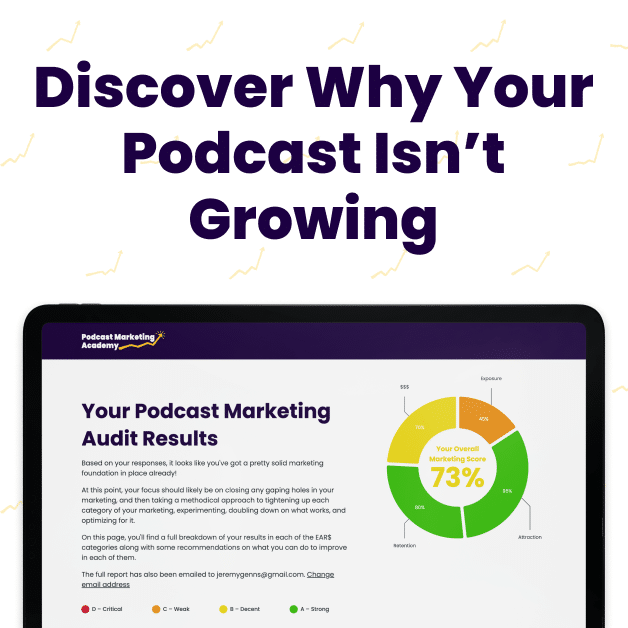Picture this.
After years of planning, saving, and fantasizing, you finally take your dream trip to Paris.
Two weeks. No work. No emails. No responsibilities.
You splurged on a boutique hotel in Montmartre with a pristine view of both Sacré-Cœur and the Paris skyline.
You spend your days ambling along the Seine, browsing the markets, and marveling at the museums.
Every night, you eat at a new restaurant… until you stumble onto that charming bistro hidden down an alley you love so much you end up going to (somewhat embarrassedly) six times in total.
On your last night, the bistro owner and her husband bring over dessert and a bottle of wine and sit down for a long conversation that stretches into the wee hours.
The trip is perfect in every way.
Until your flight home…
The airline has overbooked the flight and you get bumped to another that doesn’t leave for another 6 hours.
C’est la vie…
Then, that flight is delayed due to mechanical issues.
Merde.
You end up sleeping at the airport before finally catching your flight home the next day, arriving home haggard, only to find your luggage has been lost en route.
Putain!
Given the trip’s events, how do you think you’ll look back on this particular vacation?
It turns out, there’s a psychological heuristic, The Peak-End Rule, that can tell us.
And it might just change how you think about structuring your podcast.
The Peak-End Rule
According to the Peak-End Rule, people tend to recall and judge experiences based on two factors:
- The peak moment (ie. the most intense point of the experience, either positive or negative)
- The end
For your dream Paris vacation, it’s likely that while the vacation itself was everything you dreamed of, your memory of it will likely be drastically diminished based on the airline debacle that ended the trip.
When it comes to podcasting, the implications are clear.
No matter how great the majority of a given episode is, your listeners’ judgment of it hinges largely on how it ends.
Here’s why this matters:
- A listener’s decision to click play on future episodes is largely determined by the association they have with the show, based on their previous experiences with it.
- They’re more likely, in other words, to keep coming back to a show they have a highly positive association with than one with a neutral or negative association with.
- And according to the Peak-End Rule that association is largely formed by how you close out your episodes.
In other words, when it comes to turning first-time and casual listeners into subscribers, the last few minutes of your episodes are some of the most crucial.
So how do you craft impactful endings?
Leveraging The Peak-End Rule Retain More Listeners
As with all content decisions, there’s no one “right” way to craft endings that land with your listeners.
But to get you moving in the right direction, here’s a general framework to build around.
- Define the feeling, emotion, or idea — that you want people to associate with you and your show. Everything about your final few minutes should be intentionally designed to establish and reinforce this.
- Use music intentionally — Hands down, it’s the best tool to instill a feeling in your listeners.
- Don’t water down your endings — With extended calls to action… Nothing gets a listener to tune out faster.
- Ditch the pre-recorded outros — Even if you read the same credits in every episode, it’s better to record them fresh each time.
- Leverage a Lift — Rather than a recap, impactful endings offer some final (often unexpected) insight, idea, takeaway, or value that hasn’t yet been discussed in the rest of the episode.
Nailing your endings will take some work to get right.
But it’s work worth doing.
Because these few, oft-overlooked minutes leave a major impression on your listeners’ minds and associations of the show.
The more positive the impression, the more likely they are to come back, subscribe, and recommend the show.
And the more likely you are to grow.





